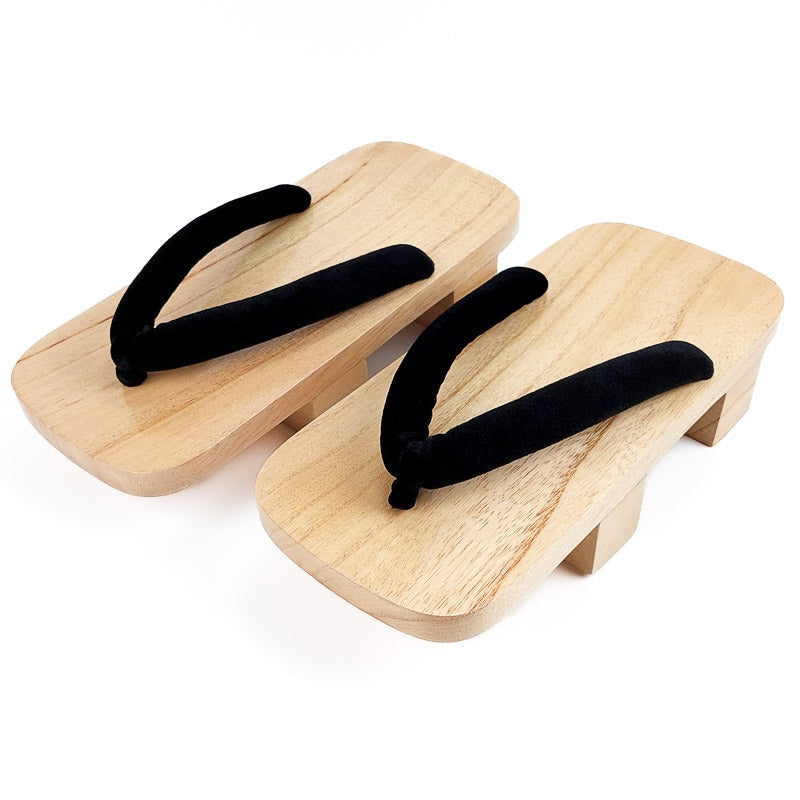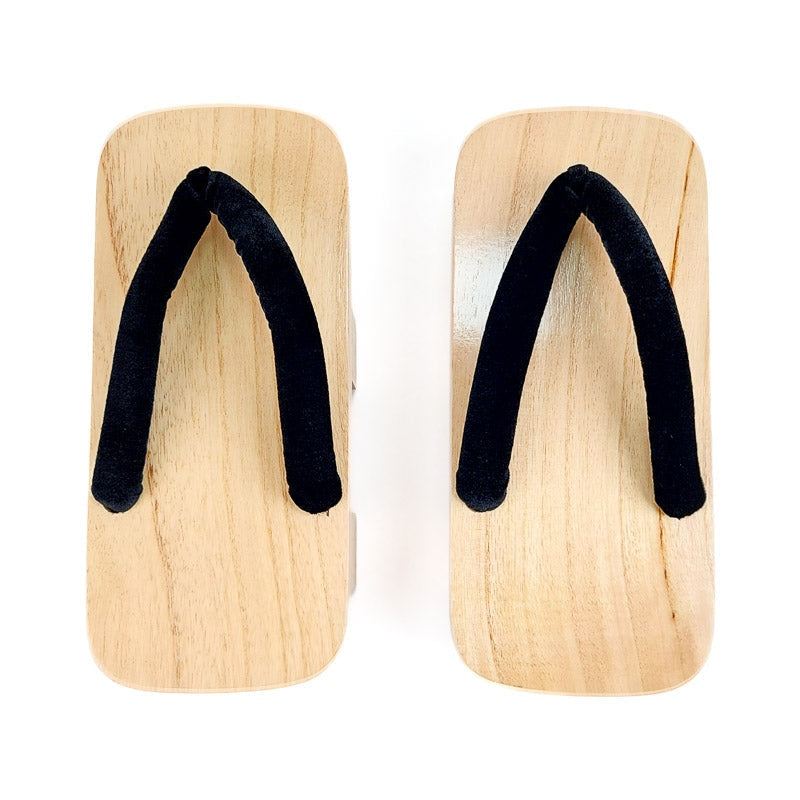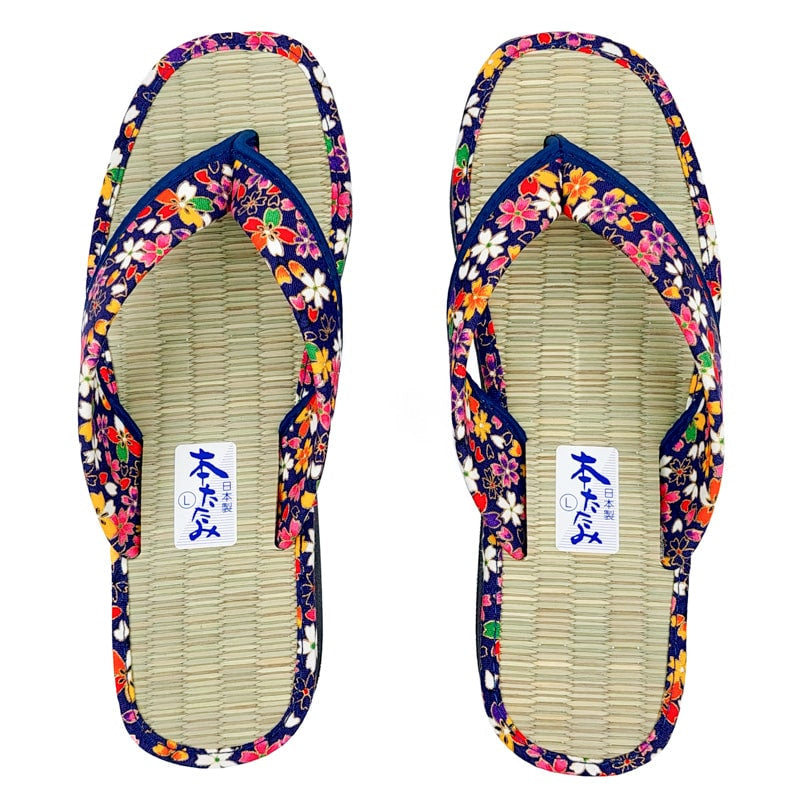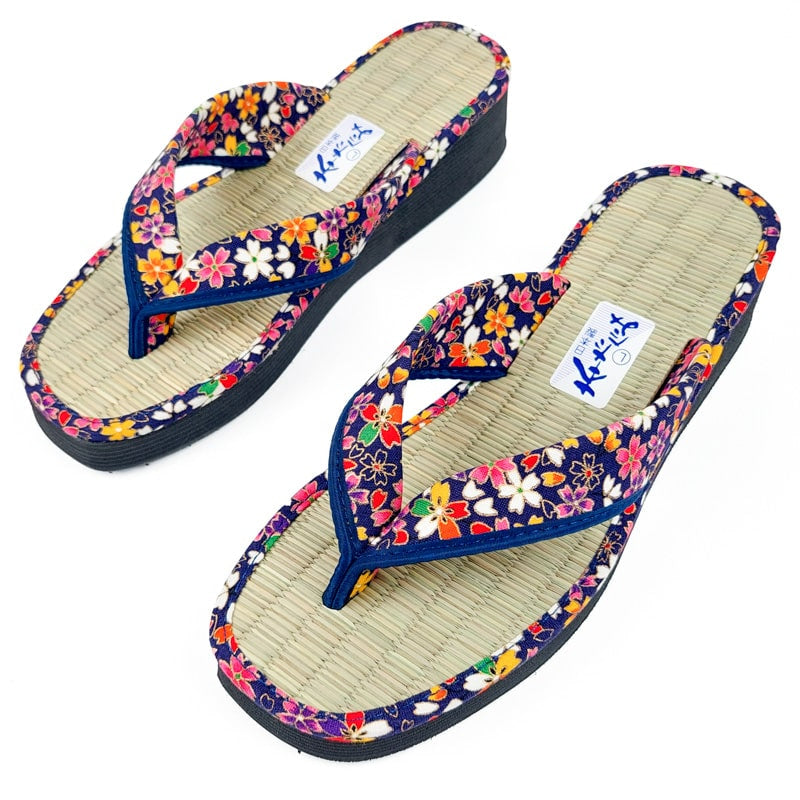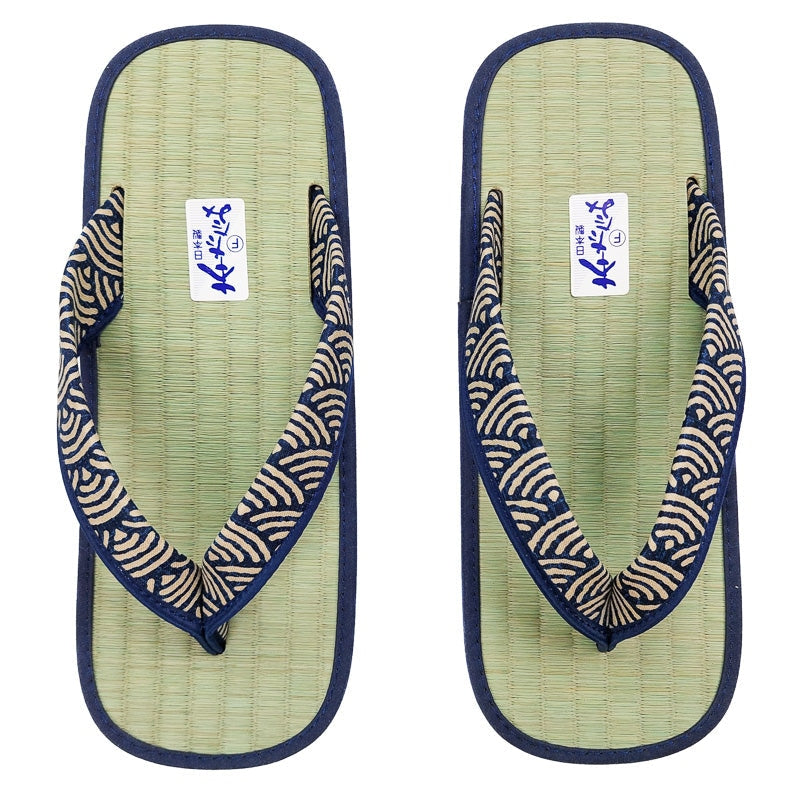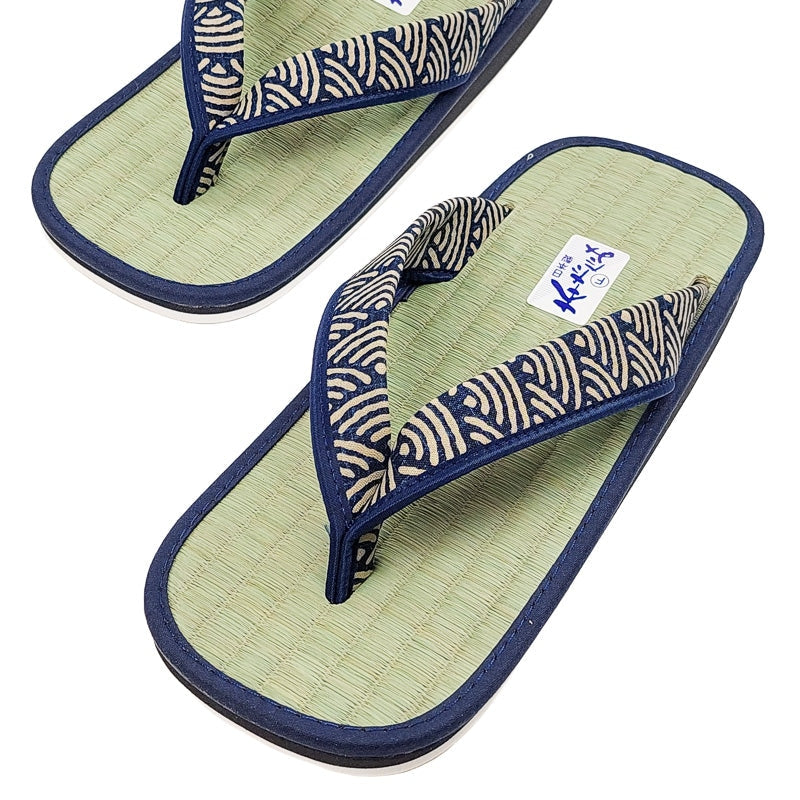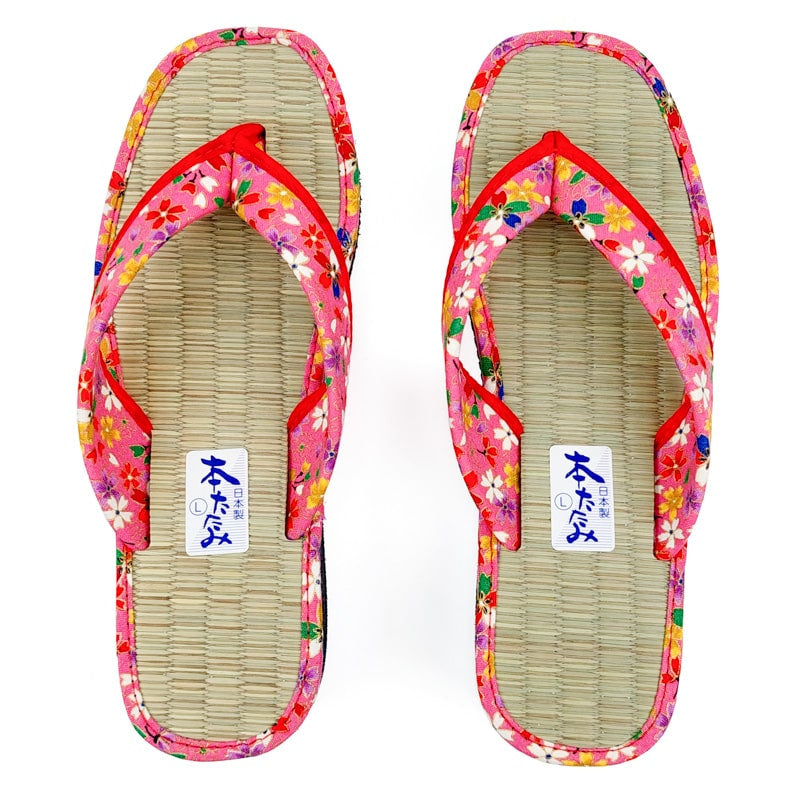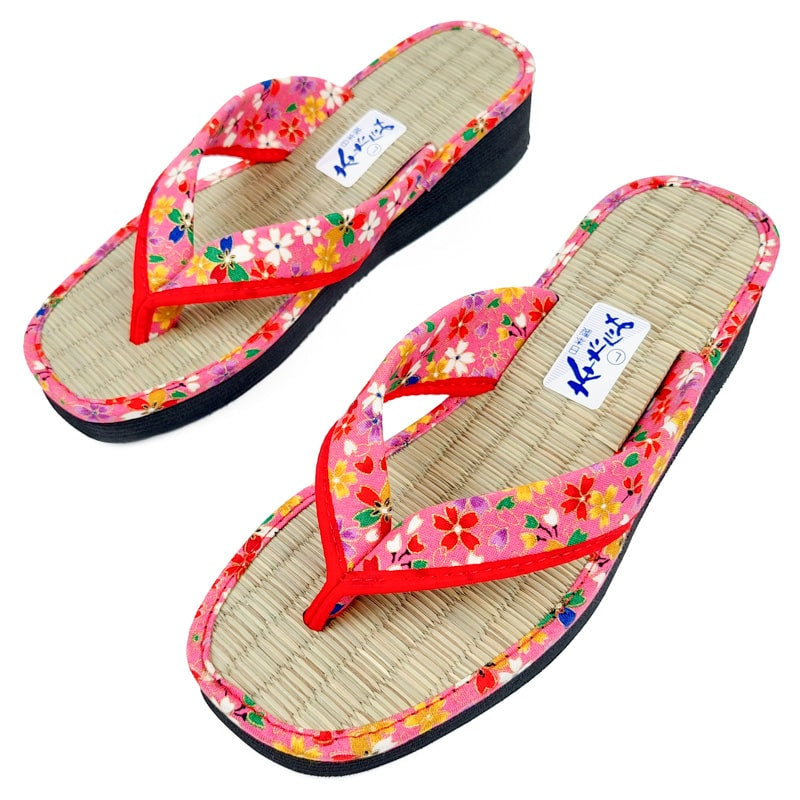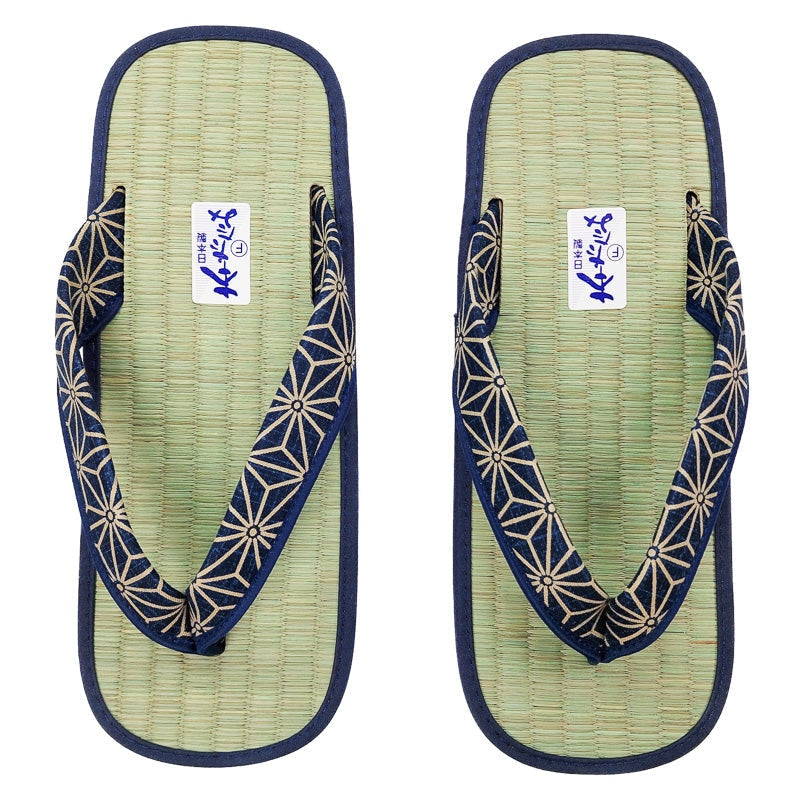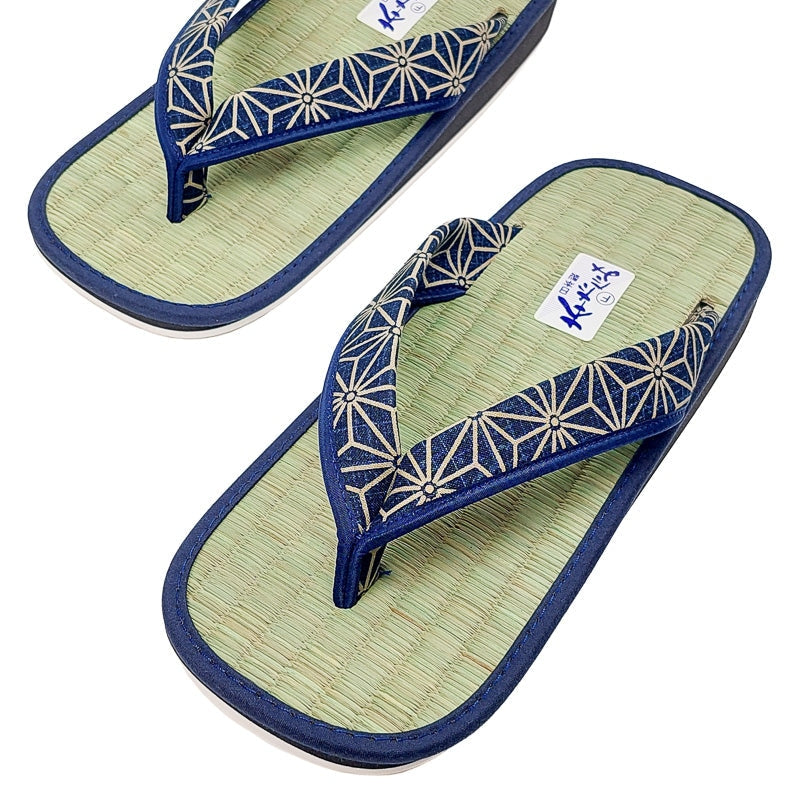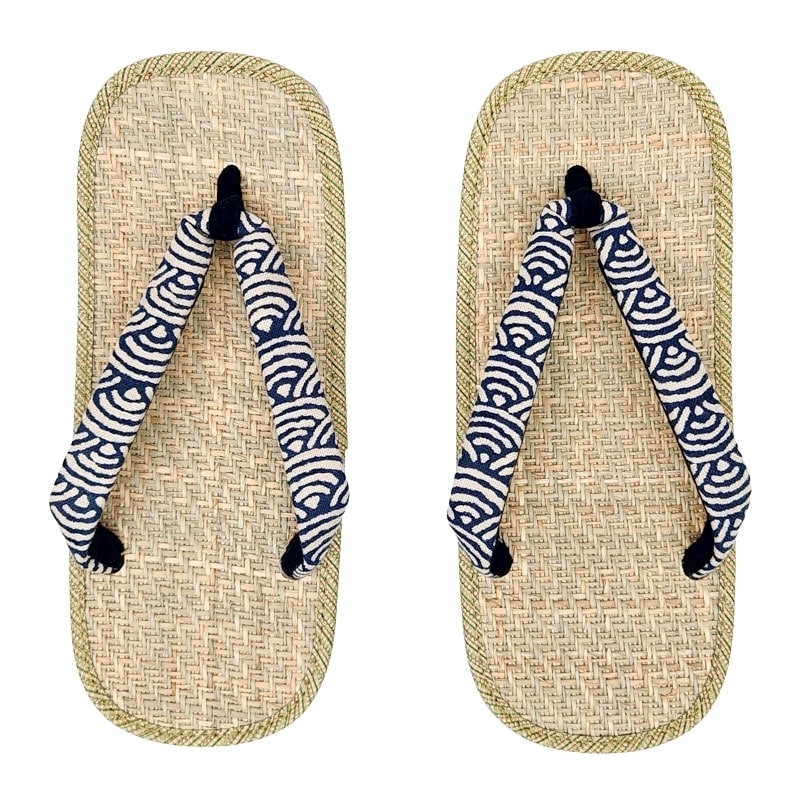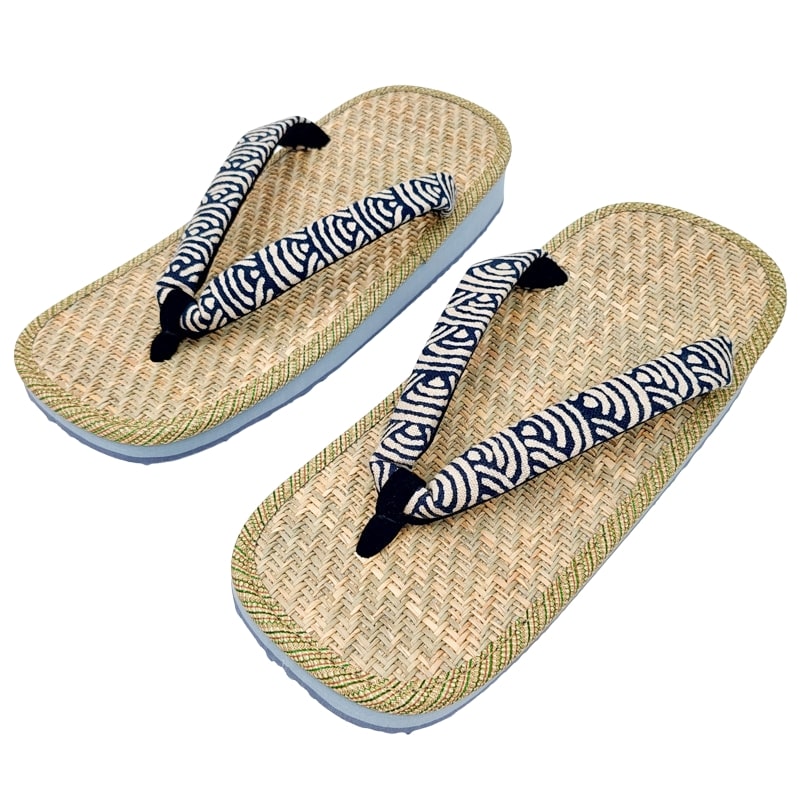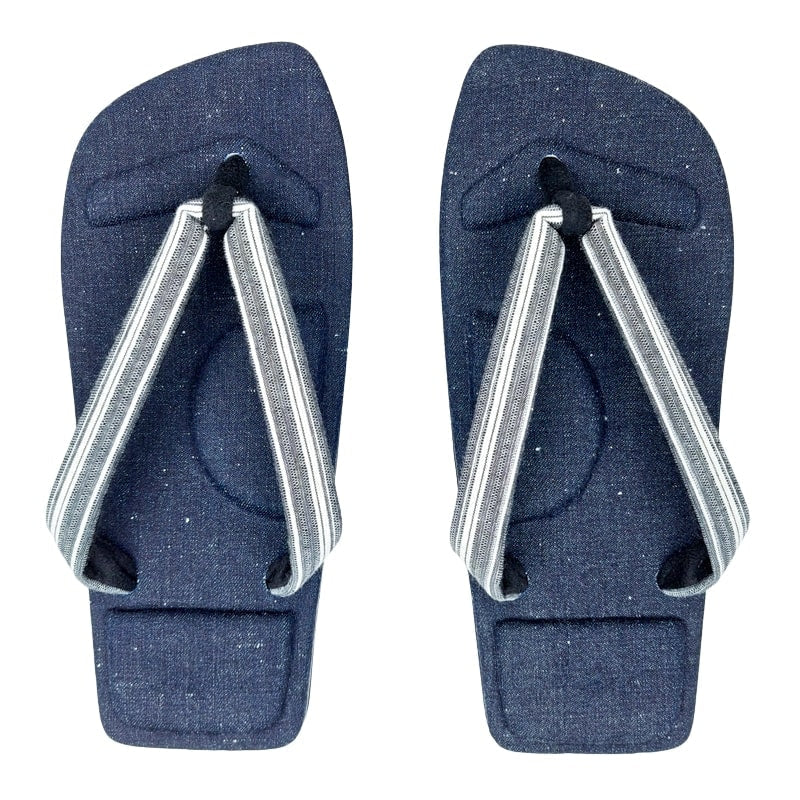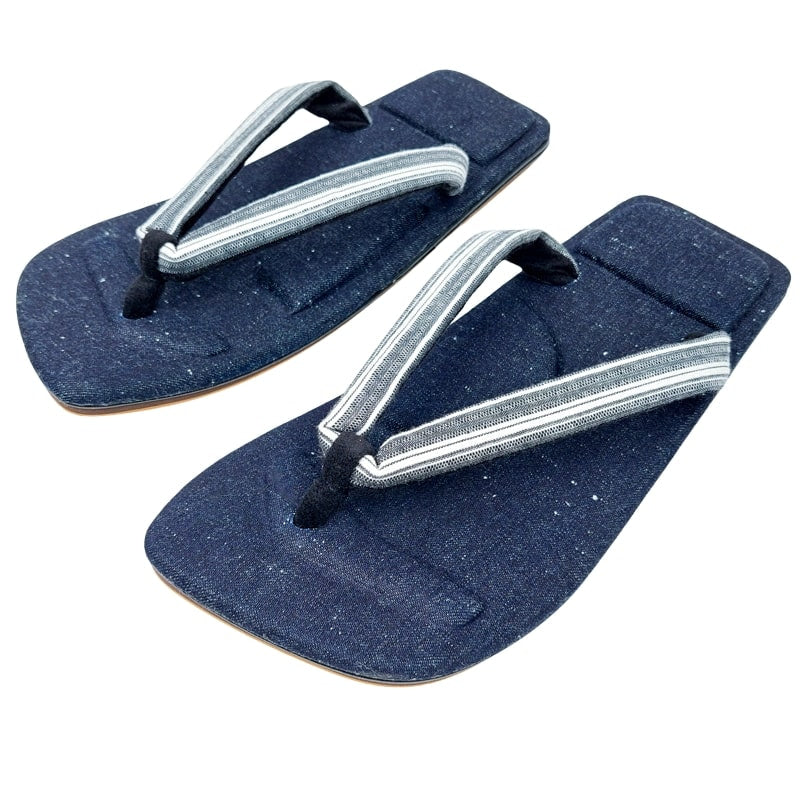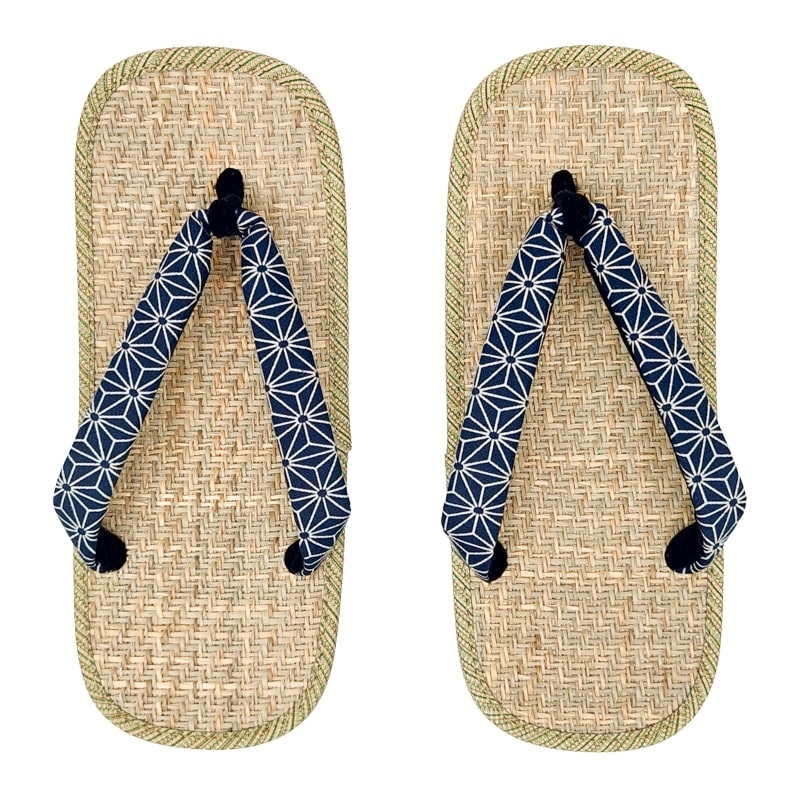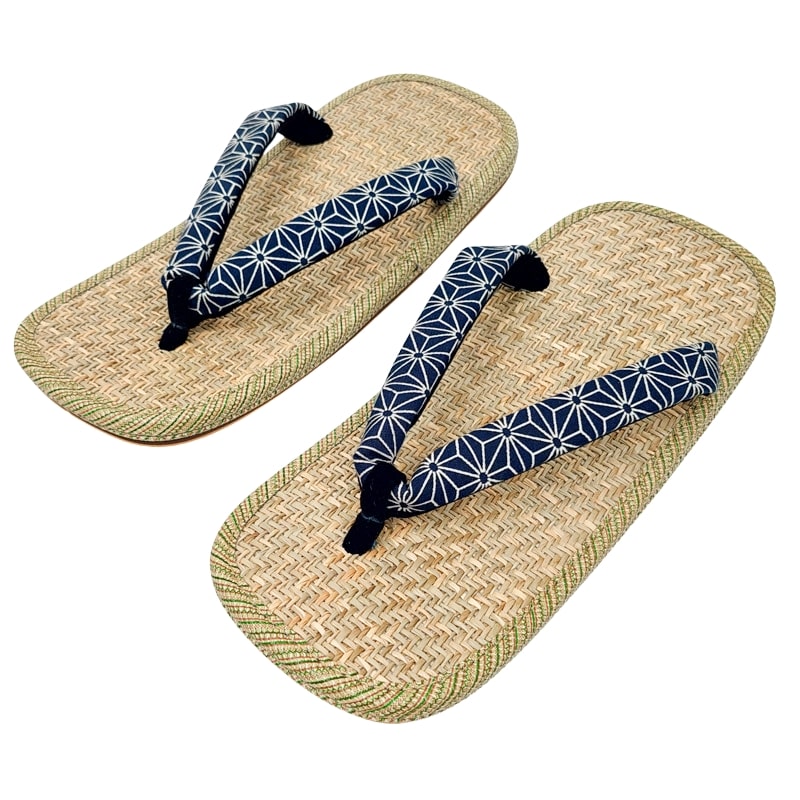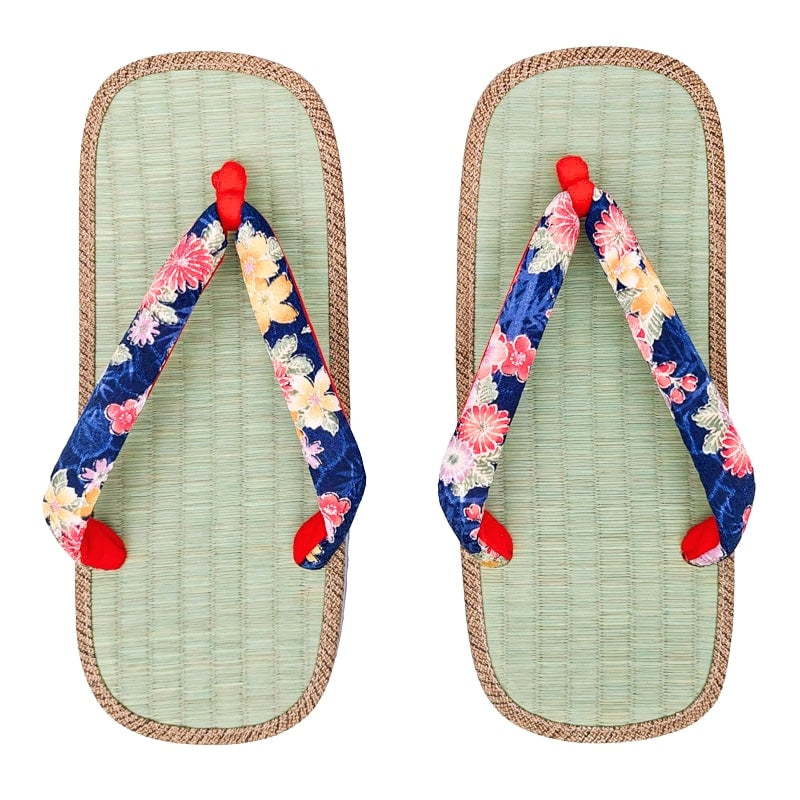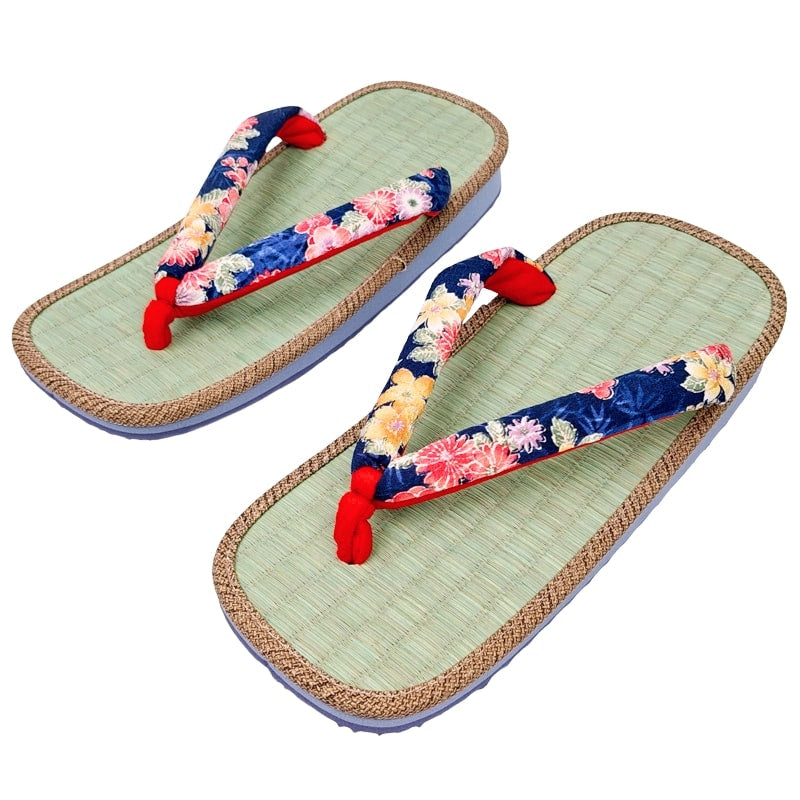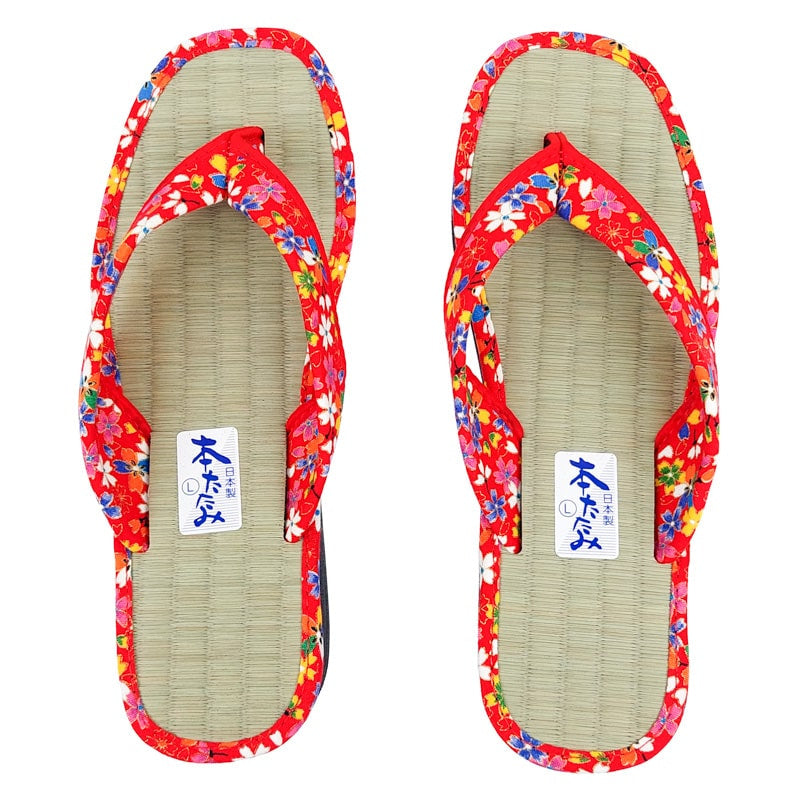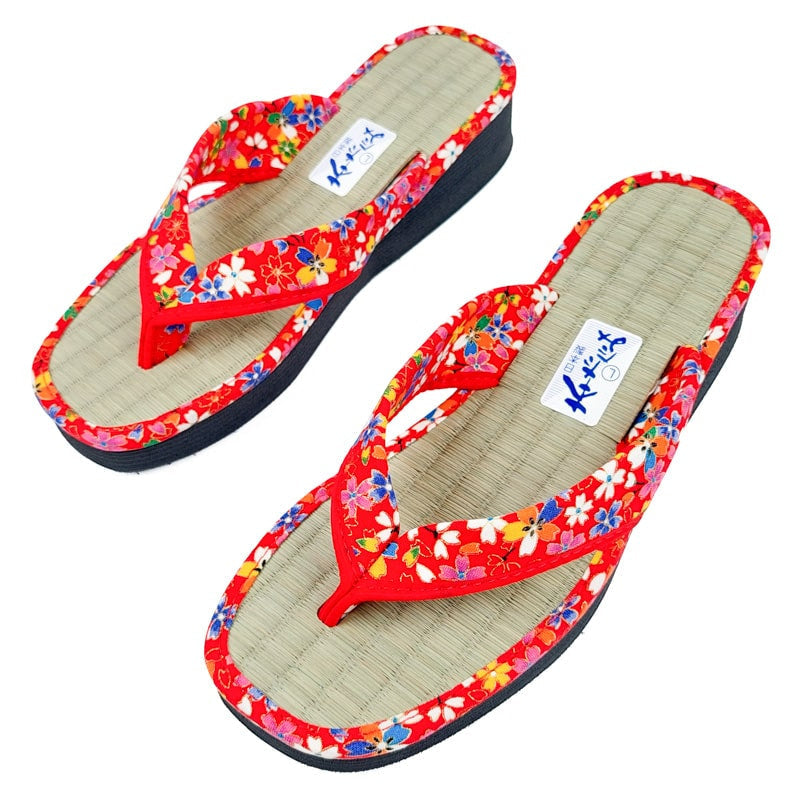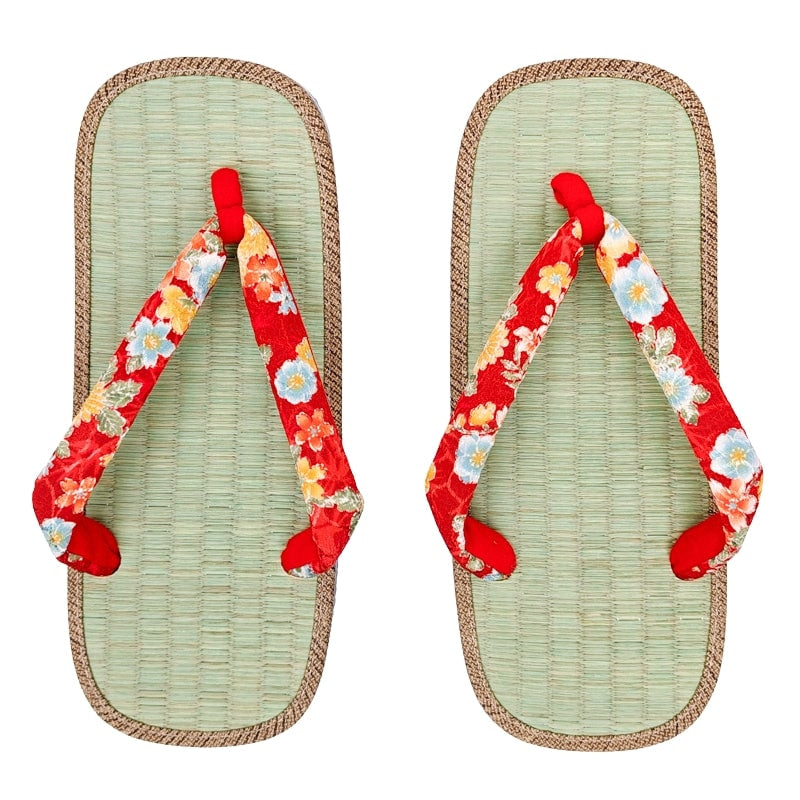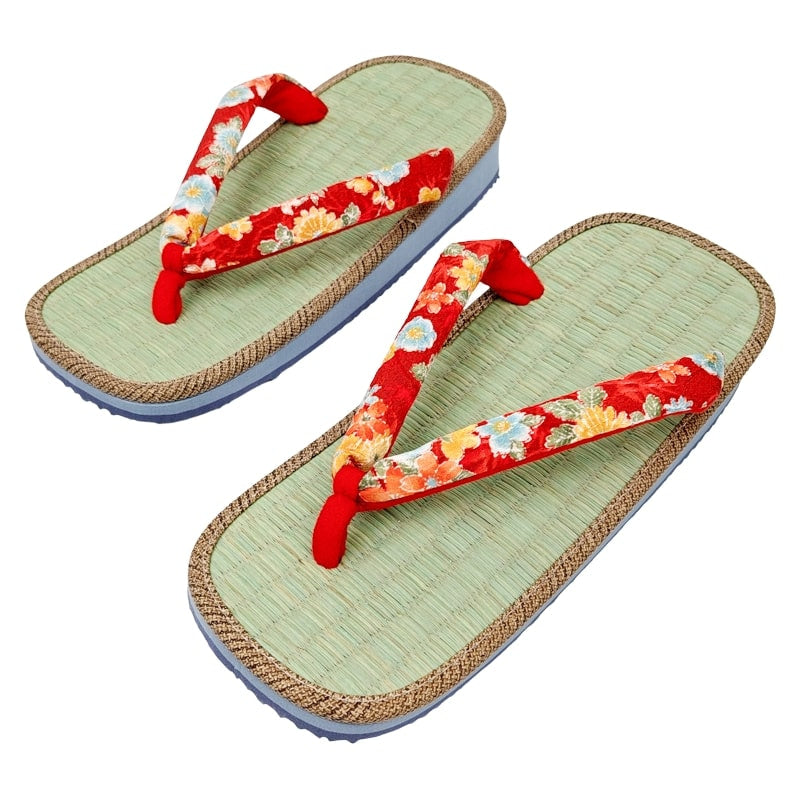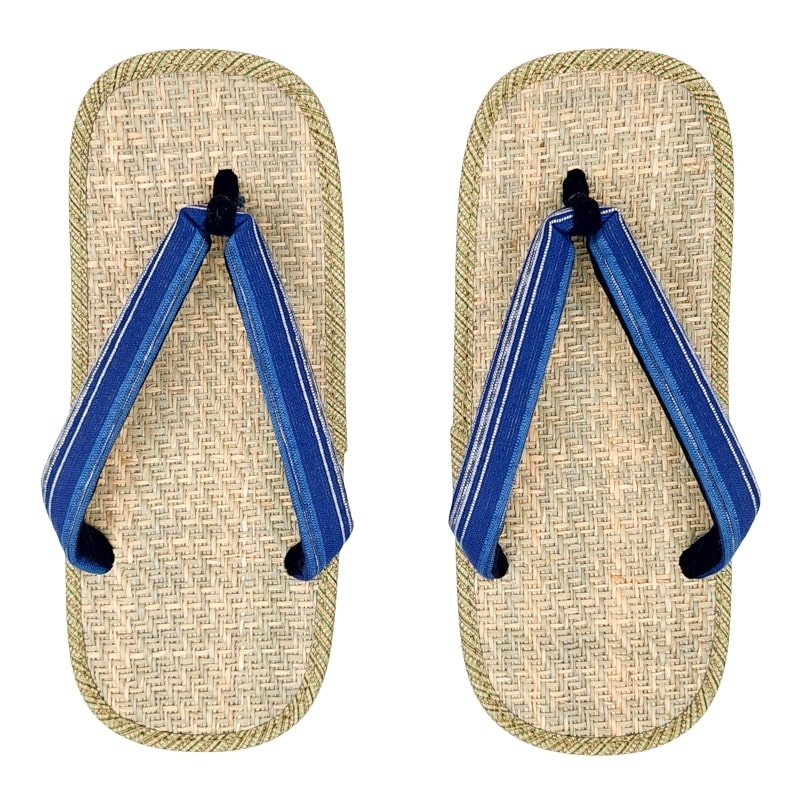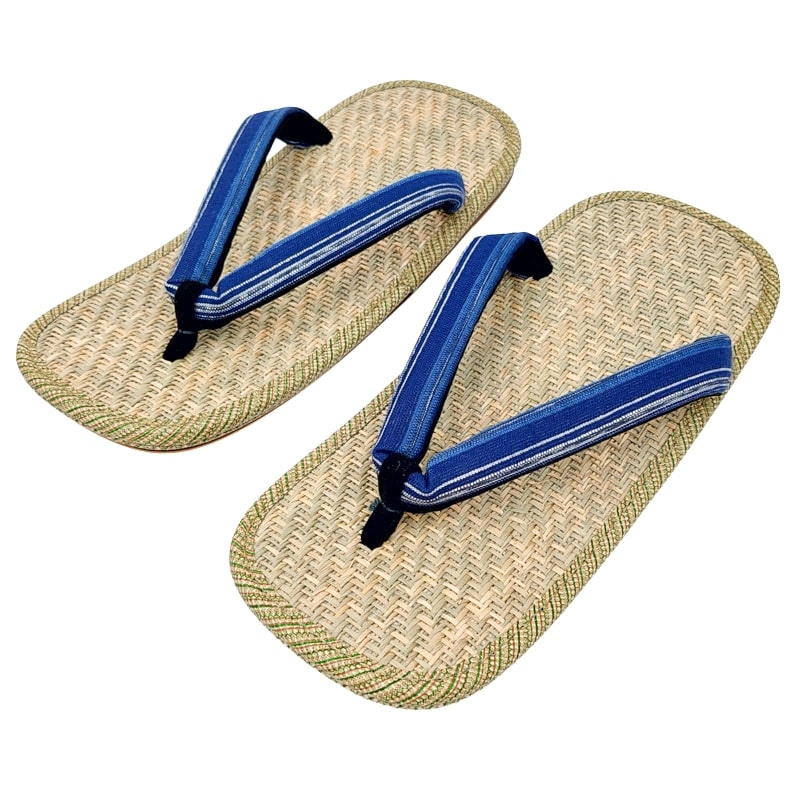Discover our collection of geta, Japanese sandals that are perfect to complete a formal outfit or a Cosplay costume. Simply select a geta model and choose your pair among many Japanese designs.
Japanese geta are wooden sandals which are, in Japan, traditionally worn together with a kimono or a yukata. They are often raised on two platforms, known as "teeth", on which the sole is placed. A fabric strap maintains the foot in place.
The geta, traditional japanese footwear made of wood
With their wooden base and fabric strap passing between the toes, these traditional Japanese shoes are somewhat the ancestors of today's flip-flops. Usually worn with a kimono, geta shoes are emblematic of the land of the rising sun. Practical and comfortable - even though this may not be the first impression a Westerner has of them - Japanese geta shoes are primarily used to heighten the kimono to avoid it from dragging on the floor. Nowadays, they are worn with traditional Japanese clothing, Western clothing as well as with summer outfits, although they do become more and more rare. They are mainly found during ceremonies, festivals or at the feet of geishas.
Different types of geta

-
Hiyori geta : These are the most common geta, they have two teeth (of approximately 5 cm in height) and make a clicking sound on the floor that can be recognized among a thousand others. The teeth and the sole are made out of a single block of wood. These geta are worn as well by women as by men. However, there is a slight difference in the shape of the sole: more rounded for women while more square for men. On rainy days, the Japanese people wear ama geta, a lacquered version equipped with a toe cap.
- Bankara geta : Unlike the hiyori geta, the teeth of the bankara geta do not form a single block with the sole so that they can be changed once used up. The teeth are also higher. Bankara geta are usually worn by students.
- Tengu geta : Easily recognizable, tengu geta have only one tooth placed at the center of the sole. Walking with these kind of sandals requires a lot of practice and balance, they are generally reserved for theatrical actors and traditional dancing.
- Oiran geta : These Japanese sandals features three very high teeth ( approximately 22 cm high). During the Edo period, these geta were worn by the Oiran, high-ranking courtesans, hence their name...
- Okobo : Also called "pokkuri geta" because of their particular noise on the ground (the pokkuri sound being an onomatopoeia of this noise), okobo geta are made of one single block of wood measuring 10 cm in height. The sole is hollow and may include a small bell. These geta are reserved for women and particularly for maiko, the geisha trainees.
- Ukon geta : The ukon geta represents an evolved form of this footwear, an excellent balance between the Japanese style and comfort of shoes. This pair of sandals has a flat sole or a slightly raised sole with a large heel at the back side. Comparing this shoe with a western equivalent, they are comfortable, lightweight and elegant flip-flops, perfect for home use.
How to wear Japanese geta ?
These traditional Japanese sandals can be worn barefoot or with Japanese tabi socks. They are known to be beneficial for posture as well as against back pain. Generally, Japanese people select the size of the geta in a way that their heels slightly exceed the back. To fully enjoy the comfort of geta sandals, make sure that your feet are perfectly maintained by the fabric strap. If your feet loosen from the sole when walking, you may twist your ankle. To avoid doing so, you can tighten up the strap by pulling on the visible threads underneath the sole.

Our Japanese sandals have been carefully selected in order to guarantee high quality while offering a wide range of footwear, colors and prints. To make sure you select the right size for your feet, please refer to our size chart which can be found in each product description.

